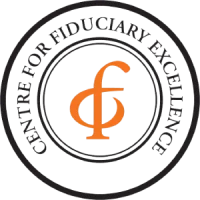Regulations Issued on Lifetime and Annual Limits
Close on the heels of their regulations concerning grandfathered plans, the Departments of Labor, Health and Human Services (HHS), and Treasury have now released interim final regulations relating to preexisting condition exclusions, lifetime and annual limits, rescissions, and other patient protections under the Affordable Care Act (the “Act”).
Lifetime Limits
Under the Act, a group health plan may not establish any lifetime limit on the dollar amount of “essential health benefits” provided to any individual. This requirement is effective for plan years beginning on or after September 23, 2010. It applies to both grandfathered and non-grandfathered plans, although not to health FSAs or health savings accounts.
According to the Act, essential health benefits include, at a minimum, items and services in the following categories: ambulatory patient services; emergency services; hospitalization, maternity and newborn care; mental health and substance use disorder services, including behavioral health treatment; prescription drugs; rehabilitative and habilitative services and devices; laboratory services; preventive and wellness services and chronic disease management; and pediatric services, including oral and vision care. Interestingly, the regulations provide no further guidance on the definition of “essential health benefits” — except to say that, until HHS issues such guidance, the regulatory agencies will take into account good-faith efforts to comply with the “guidelines” set forth in the Act.
A group health plan may still impose lifetime limits on non-essential health benefits. Thus, the key will be to determine which benefits are “essential.” For example, would treatment for autism be considered a “mental health service”? If so, it would be an essential health benefit.
This notice may be included with other enrollment materials, and notice to an employee will satisfy the notice requirement for the employee’s dependents, as well. Model language for this notice has just been issued by the Department of Labor and is available on the EBSA website.
Categories
Archive








